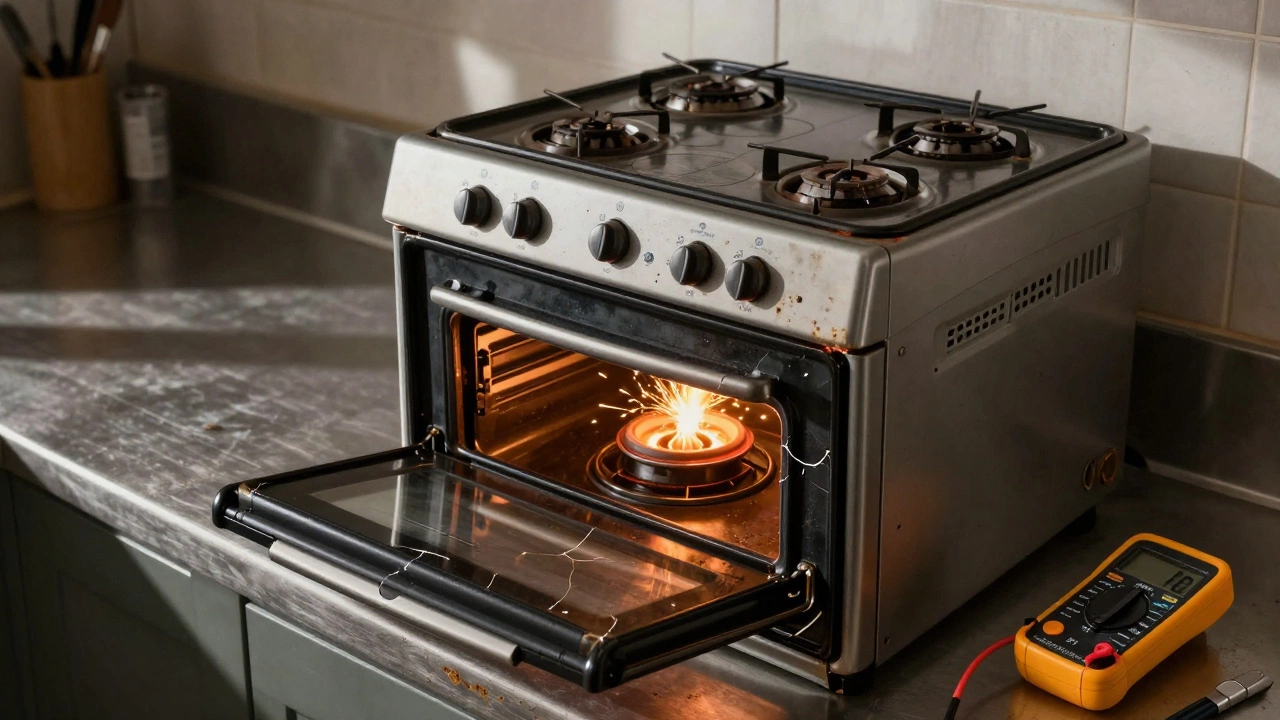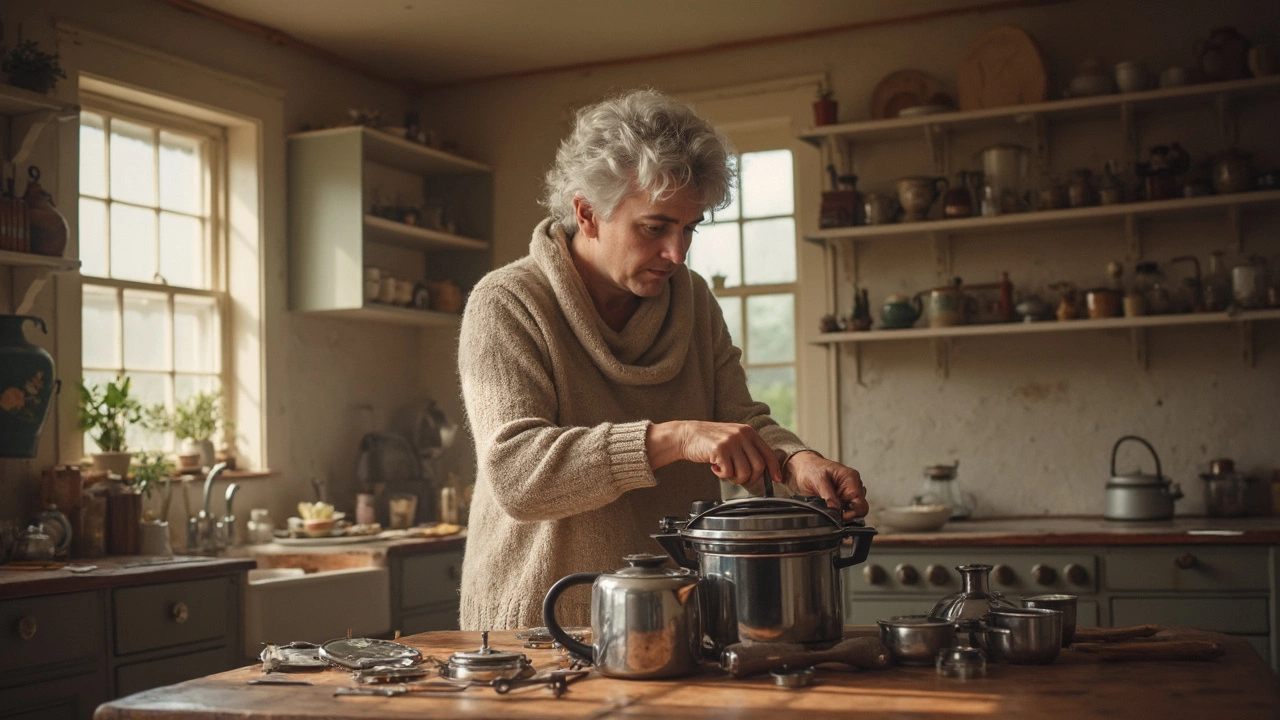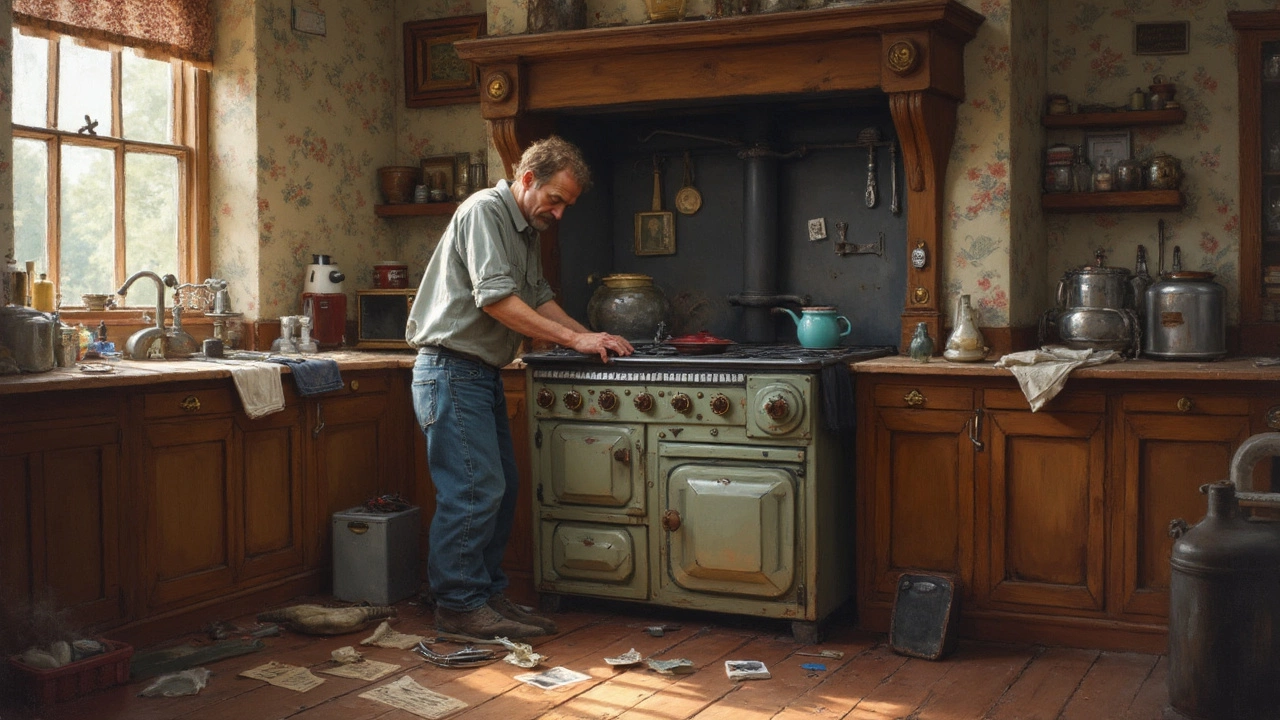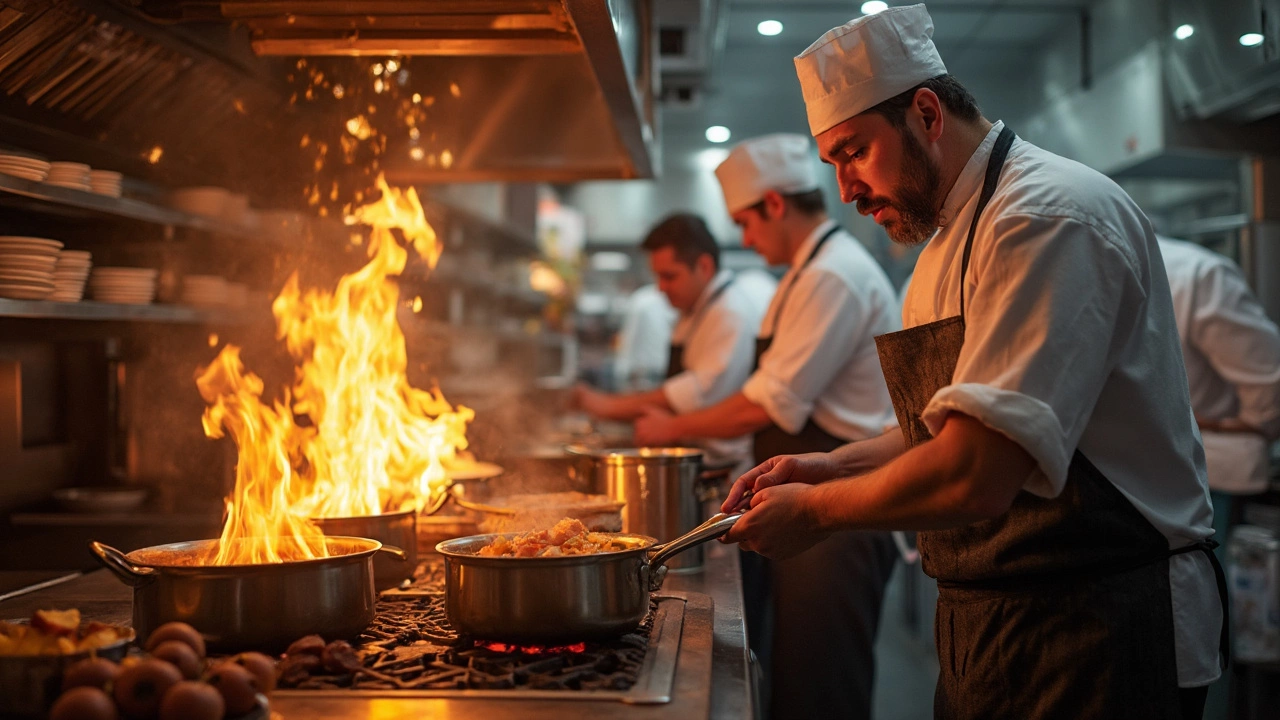Cooker and Oven Repair – Quick Fixes & When to Call a Pro
If your cooker or oven stops heating, makes weird noises, or throws error codes, you’re probably wondering if you can sort it out yourself. The good news is many issues are simple to diagnose and fix with a few tools. The not‑so‑good news is that some problems need a qualified technician, especially when electricity or gas is involved. Below you’ll find straight‑forward steps you can try before picking up the phone, plus clear signs that it’s time to call in the experts.
Common Cooker & Oven Issues You Can Tackle Yourself
1. No heat or uneven heating. First, check that the power cable is plugged in and the circuit breaker hasn’t tripped. If your oven has a reset button, press it. For gas cookers, make sure the gas supply valve is fully open. Next, look at the heating elements – they’re the shiny coils at the bottom or top of the oven. If they look blackened or broken, they may need replacement. Swapping a faulty element usually takes under an hour and costs less than a full service call.
2. Oven won’t turn on. Many modern ovens have a digital control board that can glitch. Try turning the appliance off at the mains for a minute, then switching it back on. This hard reset can clear minor software hiccups. If the display stays blank, the door lock sensor might be stuck; a quick press on the lock button often releases it.
3. Strange smells or smoke. Turn the oven off immediately and open windows. A buildup of food debris or spilled grease on the bottom of the cavity can cause smoke. Remove the trays, wipe the interior with a damp cloth, and clean the fan if your model has one. Regular cleaning prevents this issue and keeps your oven smelling fresh.
4. Oven timer or clock won’t set. Some models need a short battery replacement on the control panel. Look for a small compartment behind the knob – a 1.5 V button cell is all you need. Pop it in, and the timer should start responding again.
Why Professional Help Saves Time & Money
Even if you feel confident, certain repairs are best left to trained technicians. Gas leaks, faulty wiring, and broken thermostats can cause dangerous situations if handled incorrectly. A certified Glastonbury appliance repair service has the tools to test gas pressure, check electrical continuity, and recalibrate temperature sensors safely.
Professionals also offer warranty on parts and labour, which gives you peace of mind. If you replace a heating element yourself and it fails again within a few weeks, you’ll likely have to cover the cost of a second service call. A pro can diagnose the root cause – maybe a faulty thermostat is stressing the element – and fix it in one visit.
Another advantage is speed. A trained technician can pinpoint the issue in minutes, order the right part, and often have it installed the same day. DIY fixes can turn into a drawn‑out hunt for obscure screws or hard‑to‑find components, especially with older models.
Bottom line: start with the easy checks – power, reset, clean, and visual inspection. If the problem persists, involves gas, or you’re unsure about handling electrical parts, give Glastonbury Appliance Repair Services a call. Our local team knows the common makes and models in the area and can get your cooker or oven back to cooking your favourite meals in no time.

Is It Worth Repairing a Cooker? Real Costs, Lifespan, and When to Replace
Is it worth repairing a cooker? Learn the real costs, lifespan, and when to replace. Get honest advice based on Australian data and real-life scenarios from Brisbane households.

Can a Pressure Cooker Be Repaired? Essential Facts for Fixing Your Cooker
Pressure cookers can sometimes stop working just when you need them most, but does that mean you have to toss them? This article digs into what goes wrong in pressure cookers and whether you can fix them yourself. It covers how to find faults, what repairs are doable at home, and when it’s smarter to get pro help or go for a new one. You’ll also find helpful tips to make your pressure cooker last longer. If your cooker is giving you trouble, we're about to make things simpler.

Can a Cooker be Repaired? Exploring Your Options
Repairing a cooker might seem daunting, but many common issues can be addressed at home. Understanding typical problems, like faulty heating or broken knobs, can save you time and money. This article explores whether you can repair your cooker, providing practical tips and insights. Discover when to call a professional and when a DIY approach is feasible. Keep your kitchen running smoothly with useful repair strategies.

Why Don’t Chefs Use Pressure Cookers?
While pressure cookers are loved by many home cooks for their ability to speed up cooking times, they often don't find a place in professional kitchens. This article delves into reasons why chefs might steer clear of using pressure cookers, focusing on aspects like flavor development, control, and safety. It offers insights into what makes traditional cooking methods preferable in a fast-paced restaurant environment. Readers will discover useful tips for maintaining their pressure cookers, as well as learn about the experiences of professional chefs.